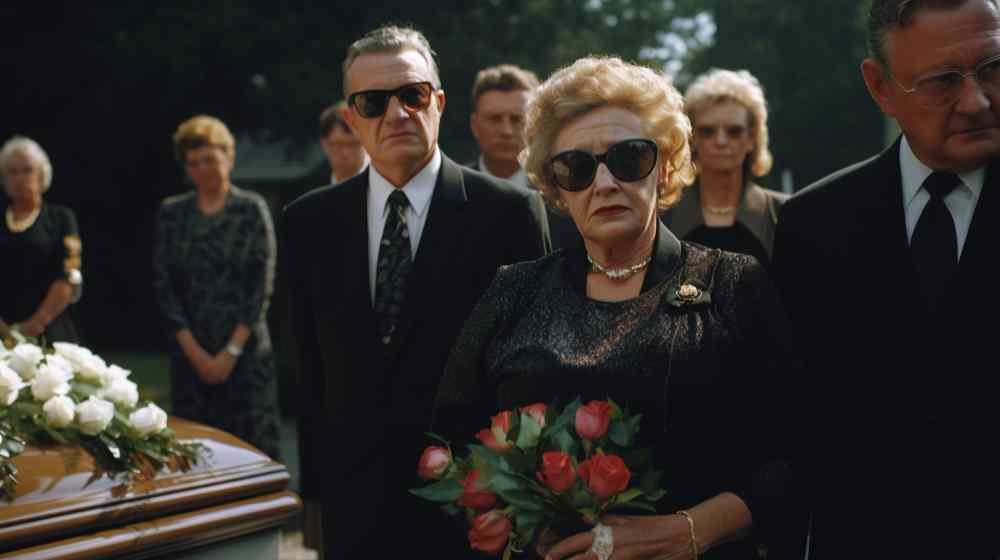Moving to a new place ranks high on the list of stressful life events, somewhere between changing jobs and dealing with major health issues. The financial side gets plenty of attention, people worry about deposits, truck rentals, and whether they can afford professional help. But the mistakes that really make moves miserable often have nothing to do with the budget. They’re about timing, planning, and dozens of small decisions that seem insignificant until everything starts falling apart.
The worst part is that many of these problems are completely avoidable. They happen because people underestimate how complex moving actually is, or because they’re trying to save money in areas where cutting corners creates bigger headaches down the road. A move that should take a weekend turns into a week-long disaster, relationships get strained, belongings get damaged, and the whole experience leaves everyone involved exhausted and frustrated.
Underestimating How Long Everything Takes
This might be the most common mistake, and it cascades into almost every other problem that happens during a move. Packing always takes longer than expected. So does cleaning the old place, loading the truck, driving to the new location, unloading, and getting settled. What looks like a one-day job on paper turns into three or four days of actual work.
The problem gets worse when the move involves any kind of distance or complexity. Moving across town is one thing, but relocating to a different state or region adds layers of logistics that eat up time. For moves to places with unique challenges, whether that’s limited road access, weather considerations, or seasonal constraints, the timeline can stretch even further. People moving to more remote locations often find that working with experienced movers in Alaska or similar services helps account for factors that wouldn’t apply to a standard urban relocation.
When the schedule falls apart, everything else suffers. The lease overlap that seemed generous suddenly isn’t enough. The time off work runs out before the move is done. Help from friends and family gets used up on the early stages, leaving nobody available when things get really difficult. The stress of racing against deadlines makes people sloppy, which leads to more mistakes and more problems.
Waiting Until the Last Minute to Start Packing
Moving day shouldn’t be the first time most boxes get packed. Yet plenty of people approach it exactly that way, either because they’re busy with other things or because they don’t realize how much effort packing actually requires. The result is a chaotic scramble where items get thrown into boxes with no organization, fragile things don’t get protected properly, and nobody has any idea where anything ended up.
The chaos continues after the move. Unpacking becomes a nightmare because nothing is labeled or sorted. Essential items are buried in random boxes. Things that should have been thrown away or donated months ago show up in the new place, taking up space and requiring decisions that should have been made earlier. The kitchen stuff is mixed with bathroom supplies, winter clothes are in the same box as books, and finding anything specific requires opening half a dozen containers.
Beyond the frustration, poor packing leads to damaged belongings. Dishes break because they weren’t wrapped. Electronics get scratched or dented. Furniture gets scuffed from improper protection. Some of this damage shows up immediately, but other problems don’t become obvious until later, when it’s too late to do anything about it.
Trying to Move Everything Without Help
The do-it-yourself approach to moving appeals to a lot of people, mostly because it seems cheaper. Rent a truck, recruit some friends, knock it out in a day. How hard could it be? The answer is usually much harder than anticipated, especially for anyone moving more than a small apartment’s worth of belongings.
Heavy furniture presents obvious challenges. Mattresses, couches, dressers, appliances, these items need proper equipment and technique to move safely. Without them, people get hurt. Backs get strained, fingers get smashed, ankles get twisted on stairs. The injuries might not be serious enough for the emergency room, but they’re painful enough to make the rest of the move miserable and can linger for weeks afterward.
There’s also the reality that friends helping with moves are doing a favor, not a job. They’re not trained in how to pack a truck efficiently or carry heavy items safely. They might not show up on time or stay as long as needed. Asking too much of people’s goodwill can strain relationships, especially if the move drags on much longer than promised or if someone’s belongings get damaged in the process.
Not Planning for the First Few Days
The move itself gets all the attention, but the first few days in the new place matter just as much for overall stress levels. Arriving at a new home with no plan for immediate needs makes everything harder. Where will everyone sleep? What about food? Basic supplies? If these questions don’t have answers before the truck gets unloaded, the first night turns into a miserable experience.
The essentials box or bag should be packed last and unpacked first. Toiletries, a change of clothes, phone chargers, important documents, basic tools, whatever is needed to function for 24 hours without digging through boxes. This seems obvious in theory but gets forgotten surprisingly often in the chaos of moving day.
Setting up the kitchen and bedrooms first, even partially, makes a huge difference in how livable the new place feels. Being able to make coffee in the morning and sleep in an actual bed at night provides stability while everything else is still in boxes. Trying to function for days without these basics while unpacking wears people down and makes the whole settling-in process take longer.
Ignoring the Cleaning Requirements
Both ends of the move involve cleaning, and both get neglected more often than they should. The old place needs to be left in good condition to get the security deposit back or to meet lease requirements. The new place needs to be cleaned before belongings go in, because moving into someone else’s dirt is unpleasant and makes unpacking harder.
Cleaning while also trying to pack, move, and unpack feels like one task too many. But skipping it creates problems. Security deposits don’t get returned, or disputes arise with landlords. The new place feels dirty no matter how much stuff gets unpacked. Cleaning around boxes and furniture after everything is moved in takes twice as long as doing it beforehand.
Deep cleaning also reveals problems that need to be addressed, from minor repairs to pest issues to concerns about the condition of the property. Finding these problems before moving in allows time to address them or at least document them. Discovering them after the fact leads to arguments about who’s responsible and whether the issues were pre-existing.
Failing to Update Important Information
Address changes need to happen for mail, bills, subscriptions, accounts, licenses, vehicle registration, and voter registration. It’s a tedious list of tasks that’s easy to put off because none of them feel urgent compared to the physical work of moving. But the consequences catch up eventually, usually at inconvenient times.
Missing important mail because it’s still going to the old address creates problems with bills, renewals, and documents. Package deliveries go to the wrong location. Legal notices don’t arrive. Financial accounts get locked due to address mismatches. What seemed like something that could wait turns into hours of phone calls and paperwork trying to straighten everything out.
The timing matters too. Some changes need to happen before the move, others can wait until after. Figuring out which is which, and actually following through in the right order, requires more organization than most people manage during the chaos of relocation.
Learning From Other People’s Mistakes
The good news is that almost everyone who’s moved has learned at least one of these lessons the hard way. The stories of moving disasters are remarkably similar, featuring the same patterns of underestimation, poor planning, and last-minute chaos. Listening to those stories and actually applying the lessons makes the next move significantly less painful.
Moving will probably never be fun, but it doesn’t have to be the nightmare experience that so many people describe. Taking time to plan properly, starting early, getting appropriate help, and thinking through the entire process from start to finish prevents most of the major problems. The move still involves plenty of work and some level of stress, but it becomes manageable rather than overwhelming. And that difference, between a move that’s merely tiring and one that’s genuinely traumatic, is worth the extra effort to get things right.







